The Gift of Doubt (or, CEOs are People Too)
Doubt can be a tool, or it can overtake you.
If all emotions are information, then doubt is a doozy fraught with messages, history, and anxiety as we consider all possible outcomes. Rarely do we imagine anything going terribly right. Mostly, we imagine it going irreconcilably wrong. So let’s examine doubt more closely. For argument's sake, imagine you’re preparing for a major presentation that could catapult you into the stratosphere career-wise. You research for weeks. You tend to every detail. Your numbers are spot on. Your language is meticulous. You’ve got this. But on the day of your stratospheric rise to greatness, as you look out into the room where you’ll meet your brilliant future, your palms begin to sweat, your pulse increases, your knees give way, and a terrifying thought creeps into your mind: “What if I blow it?”
Why, after all of your work, time, dedication, and focus would you doubt yourself?
Feelings are information based on our internal programming. Just as physical pain tells us something is awry in the body, emotional pain tells us something is awry in our psyche. At the essence of any “negative” feeling or thought is fear; fear of being judged, fear of loss, fear of betrayal, fear for one’s safety. In looking at fear as information, what is doubt telling you if you are the person prepping for the above presentation? What do you fear? Are you fearing that despite your greatest efforts you’re not good enough? Are you realizing your investment and suddenly understanding what’s at stake? Or does this fear come from a deeper and more complex pattern of doubt that comes from your past?
If your feelings are of the simpler variety, you can redirect by taking a few deep breaths and countering your fear-based message with a positive one - something like “I did great prep. I have great data. I know what I’m talking about. I am going to rock this”.
You can say this as many times as you need, breathing and exhaling deeply as you do. That should be enough to reset a negative thought or feeling so you can go out and knock your presentation out of the proverbial park. However, if your feeling comes from a deeper pattern of doubt, you’ll need to identify the pattern and distinguish yourself from it so that you’re no longer gripped by it. This will take work, but how much freedom would you have? What other benefits would you receive if you didn’t have to deal with that pattern of doubt anymore? That would be a life-changer, wouldn’t it?
If you recognize yourself in any of this, you’re in good company.
Most of my clients have a moderate to significant amount of self-doubt, which is interesting considering they are all high performing, ambitious, high-level professionals driven to excel. The gift of doubt is that it is constantly demanding us to improve our game, and that, my friends, is a gift. A zen koan sums this up: “The three jewels of training: great faith, great doubt, and great effort”. This may seem paradoxical, but great faith and great doubt are both required when stepping into the unknown, which is where doubt occurs. That one step beyond what we see or know or believe, that is the point of surrender. There is no turning back. There are no guarantees, only an existential belief in one's self that gives us the courage to take that next step and transform belief into action.
Want to learn more about how doubt serves you? You know where to find me, I have no doubt.


